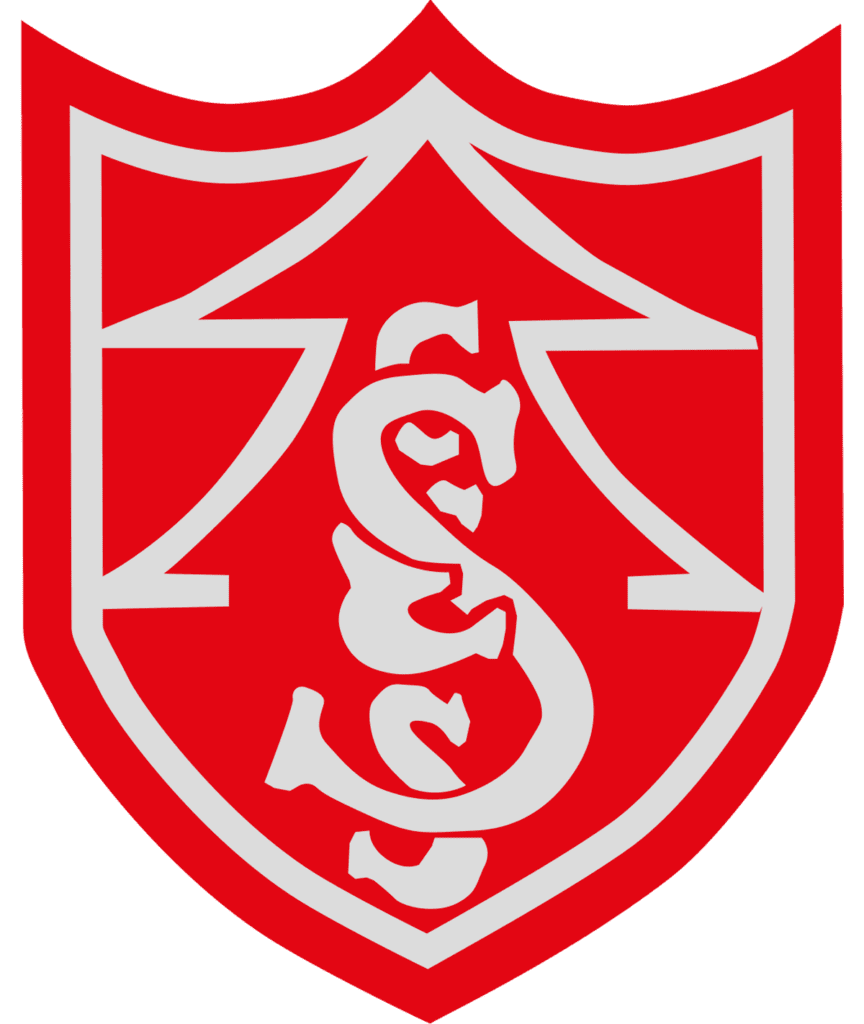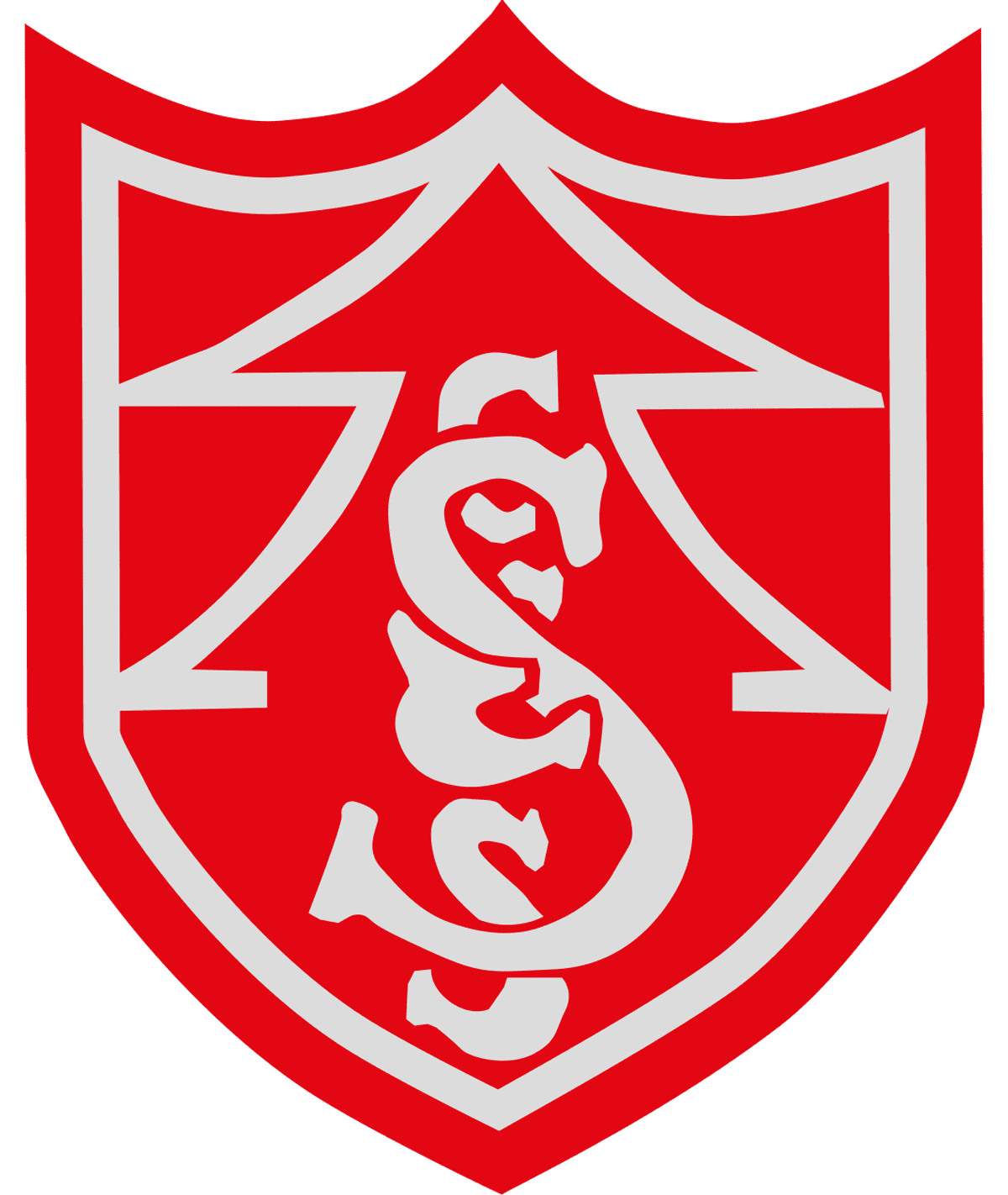Reading
Developing a love of reading is of paramount importance for us at Singleton, and this starts from the moment the children start in Early Years. Children are immersed in literacy in all areas of the curriculum and school life. Reading corners have been set up to develop a love of reading and to promote independence with reading within classrooms and regular library visits take place, where children can take home books from our well stocked school library as well as their banded reading book. Every class at Singleton has a class reading book, which offers the children the chance to share a story as a class as read and modelled by the teacher. These follow our chosen class authors or link to our learning in other subject areas to increase engagement and make learning more meaningful.
Children across school complete several guided reading sessions per week. The focus of guided reading at Singleton is of course about developing fluency and accuracy when reading, but also about developing questioning and an understanding of what the children have read. The approach to guided reading is therefore progressive, starting with reading and verbal questioning in small groups or 1:1 with an adult in early KS1, to more formal questioning and written comprehension work being completed in KS2. Many reading comprehension resources are available for staff, to ensure access to a wide range of text types and to ensure children have access to a diverse range of topics that link with their learning in other subjects. Whole-school reading events such as World Book Day are celebrated every year, to further raise the profile of reading in our school and develop a love of reading.
EYFS & KS1 Reading Guidelines for School and Home reading
At Singleton C of E School, we value the support of parents within reading. We believe that an effective working relationship with parents is vital to children becoming fluent readers. We encourage all children to read out loud at home to an adult, in order to continue developing fluency and expression. Parents/carers use the home reading book to record when children have read at home. It is important that all children read out loud at home, and also discuss the book, as this plays an important role in your child further developing comprehension skills.
The following is an overview of how reading is taught within school and how you can help at home to ensure that your child makes maximum progress during Reception and KS1
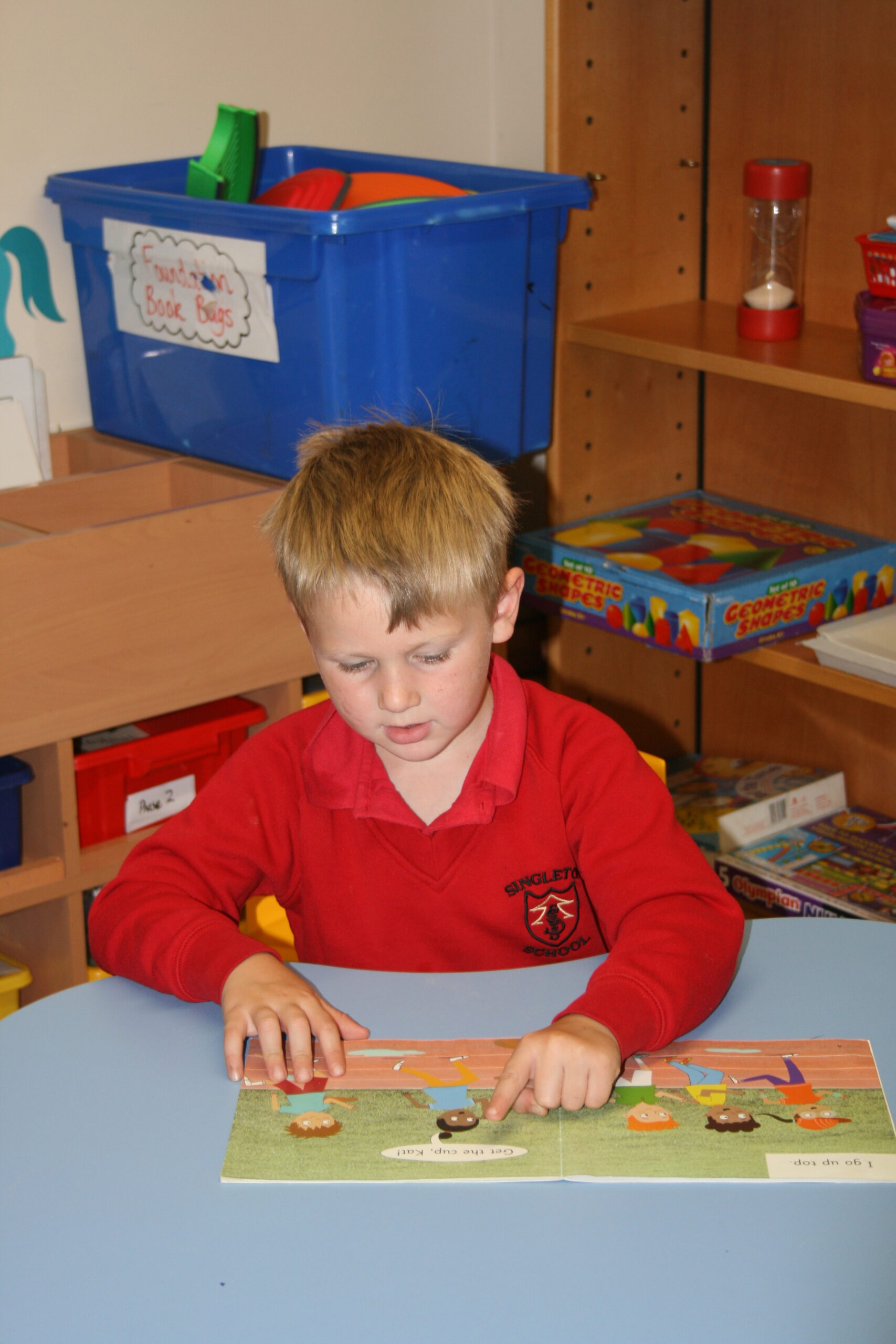
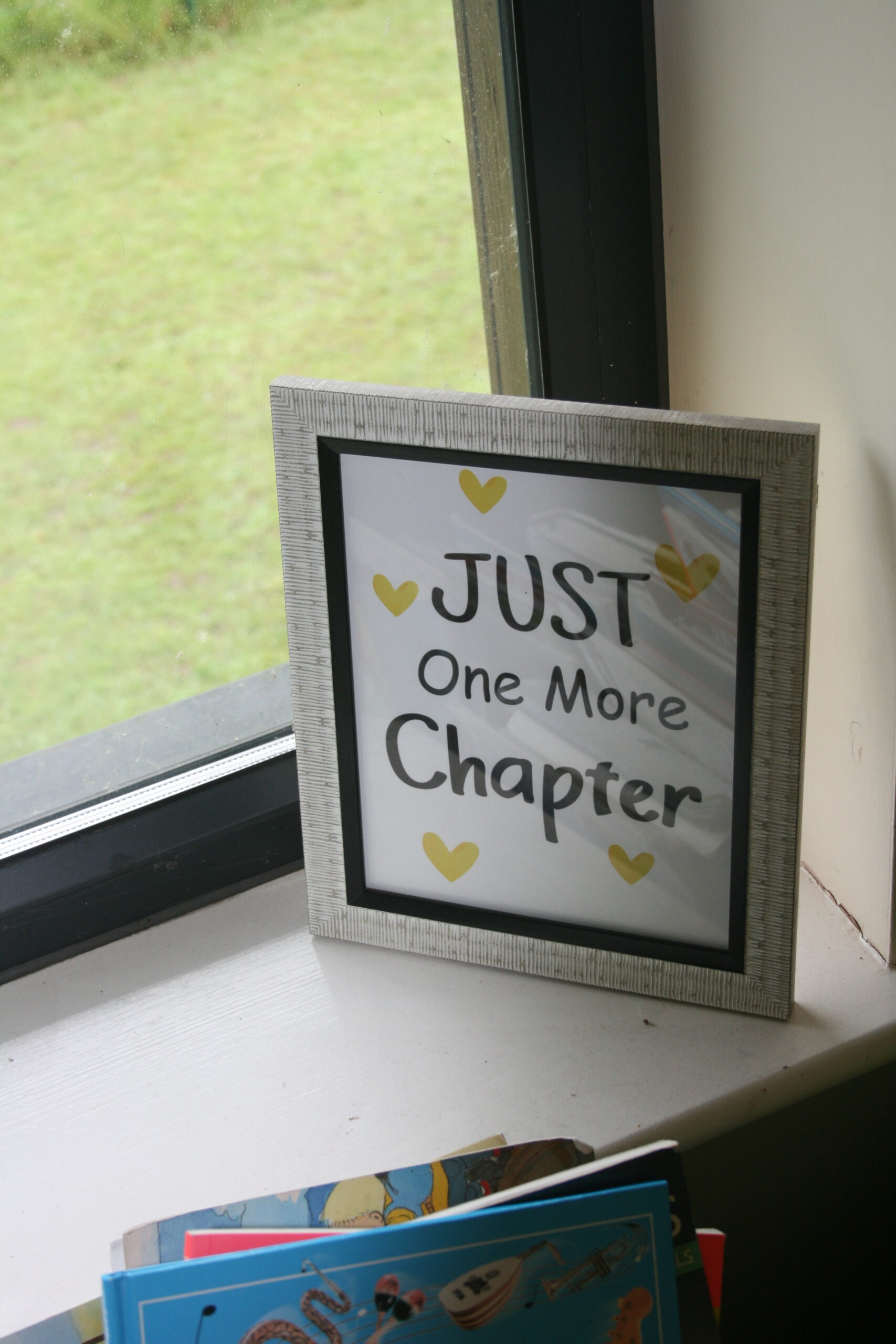
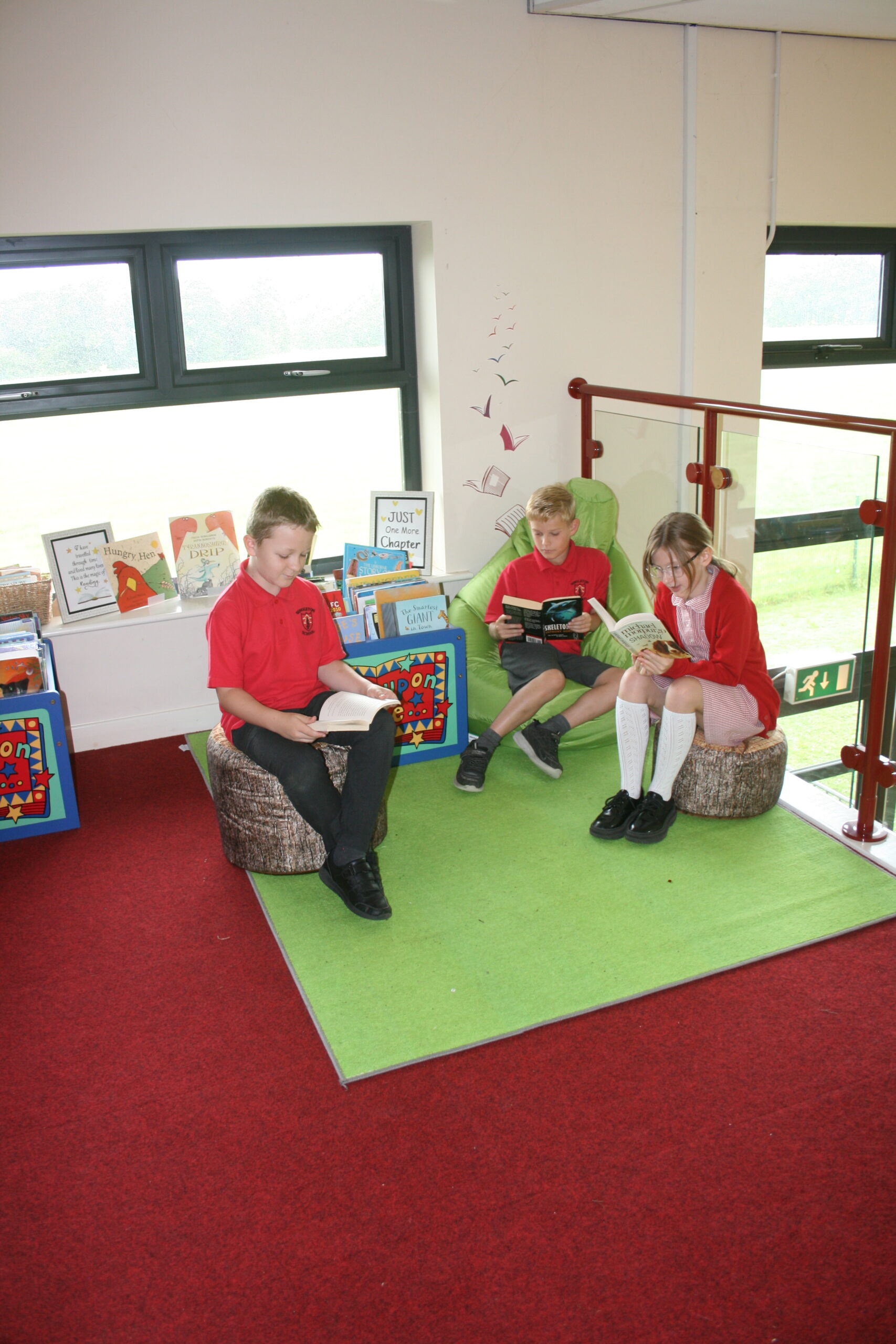
Phonics – Red Rose Letters and Sounds
- Red Rose Letters and Sounds is a tightly focused progression from Phases Two to Five informed by classroom practice and subject expertise. All phases, but in particular Phase Five, have been more carefully sequenced to provide clarity with an explicit teaching progression.
- Red Rose Letters and Sounds incorporates frequent opportunities for application and consolidation of reading and writing skills, before introducing new Grapheme Phoneme Correspondences (GPCs).
- All adults delivering sessions are trained to the same standard.
- Children are introduced to phonics in our Reception Class and progress through the phases during Reception and Year 1. Tricky words/High Frequency Words are introduced in Phase 2.
- Pupils are put into groups for phonics lessons based on the phase that they are ready to access. Groups are fluid and depend on individual progress.
- Intervention needs are identified using the ‘Phonics Tracker’ assessment tool and relevant lessons are selected from Red Rose Letters and Sounds Phonics. This is a targeted intervention based on the individual need of the child.
- Once children progress from phonics, they follow a spelling scheme called Red Rose Year 2 Spelling Programme.
Writing
- Alongside the introduction of phonics at Phase 2, children are also encouraged to be independent writers.
- Handwriting is an essential component of phonics lessons.
- As soon as children are introduced to the phonemes, they are also shown how to form the letters (graphemes) correctly.
- As soon as they are able, they can write their own words and become independent writers.
- Emergent writing (supported by phonics mats) is encouraged.
- The writing area is an essential part of continuous provision in the Reception classroom, where children can mark make freely.
- The writing area in Reception is inviting with shiny pens and different paper and coloured notebooks.
- Children are always encouraged to read back their writing.
- Phonically plausible spelling is encouraged.
- Children are encouraged to take on the role of lead learners and support the learning of others.
- We celebrate and promote achievement and this inspires children to aim for high standards.
Home Reading
- We use a variety of reading schemes as the Red Rose Letters and Sounds Phonics programme is self-validated and does not recommend one scheme. This gives children the opportunity to experience a range of reading books and styles.
- Each home reading book is carefully checked to see which GPC (Grapheme-phoneme correspondence) and tricky words it contains, then categorised according to the correct Red Rose Letters and Sounds phonic phase and the applicable week in that phase.
- Children regularly read to a Teacher or Teaching Assistant who will check their application of phonics, fluency and comprehension.
- Reading books are changed once a week. Children generally receive two home reading books per week:
- a fully phonetically decodable book
- a book which is partially decodable but which also contains context words to develop vocabulary. Parents are encouraged to read and discuss the context words with their child prior to reading the book, these words are identified within the inside front cover of each book.
- From Year Two onwards reading books will still be referred to using book band colours as Phase 5 phonics should generally be completed during Year One.
- The books we use are varied in their genres which encourages a love of different texts.
- We want children to enjoy reading at both home and school. Reading diaries are sent home in Reception and KS1 which helps with the communication between home and school. Children are encouraged to read for pleasure by choosing a book that engages them and that they can share with an adult. By visiting the school library and exploring their class reading areas, children develop their love of books, talk with their peers and discuss the books once read, making decisions if to recommend to a friend or not.
Guided Reading in school
- Guided reading sessions take place within our Foundation and Year 1/2 classes.
- We use ‘Bug Club’ and ‘Oxford Reading Tree – Explore with Biff, Chip and Kipper’
- Guided reading builds on phonics knowledge. Once decoding is grasped, our focus for developing reading is understanding and comprehension.
Reading at home expectations
Children take home their reading book in order to practice their reading skills and share their learning with parents. We encourage all children in Reception and KS1 to be heard read by someone at home every night for 5 – 10 minutes. Children and parents are encouraged to share other books at home on a regular basis. In school, the children are taught to read every day through phonics. At home, listening to your child read practices and reinforces what they have learnt at school. We really value this partnership between home and school where short, enjoyable sessions encourage children to read for pleasure, whilst regular additional practice really does boost skills!
We also ask that you read the book together more than once in order to develop deeper understanding of the setting, characters, topic and style of writing. Once a week your child will be given the opportunity to change their home reading books. This will be after they have read with the TA or class teacher who will assess their fluency and comprehension before giving any new books.
We ask that children’s reading is recorded in their child’s reading diary which is supplied by school. In Reception and KS1 home reading is the main focus for a child’s literacy homework.
We aim to encourage children to develop good, regular reading habits and they will be rewarded for showing a positive attitude. We want all pupils to develop a love for reading and reading for pleasure so would also encourage other reading by the pupil and by the parent reading to their child. This will help pupils develop understanding of a range of books and also hearing an adult reading for them enables a child to deepen their understanding of vocabulary and love of books.
We aim to provide an environment that encourages children to develop fully their ability to use language, both spoken and written. The skills developed in English are necessary for all areas of the curriculum and are used throughout the school week.
Special Education Needs
In Reception and KS1 any child who has been identified as having an additional need, Special Educational Needs (SEN) will have an Individual Education Plan (IEP), if this relates to reading they will also receive additional support (provision mapped) to develop their reading during the school day.
Home-School Reading Guidelines – KS2
At Singleton Primary School we acknowledge and value the support of parents in enabling their children to become fluent readers who read for pleasure and enjoyment. Our approach to selecting and changing home reading books in KS2 is slightly different to KS1.
We hope these guidelines clearly explain how we teach reading and how you can support your child’s reading at home.
Organisation
The Home Reading Scheme in KS2 is a combination of the Oxford Reading Tree scheme and Ransom Reading Stars, which is banded according to reading age, in order to ensure that each child is reading at a level most suitable for them, both in terms of word recognition and comprehension. However, our aim is to develop confidence and competency and move the children off the reading scheme and onto free readers as they progress through the junior department.
Changing books
Once a week (on a day the teacher decides) your child will be given the opportunity to change their home reading book. They will also have access to the school library, from which they can borrow a book and additionally can choose a book from the class reading area. This means they should always have access to at least 2 books each week. We hope that by allowing pupils to choose a book from the library it will help them develop a love for books and reading. Children who require extra support with reading will receive additional support.
In Upper Key Stage 2 pupils often read longer books (free readers) which may take more than 1 week to read so they change their book as and when they need to.
Expectations
We would like children to read aloud as often as possible in order to develop their fluency, intonation and expression. It is therefore our expectation that all pupils will read at home at least 3 times a week (Minimum of 10 – 20 minutes). For children that are still on the Reading schemes, we feel that they should be heard read on a daily basis for 5 – 10 minutes.
All children have reading diary/records, written in by parents and staff and this should be utilised to record when a child reads. In addition, any free reading which the child has completed may be included in the reading record.
We encourage parents to take time to discuss the text and help pupils read unfamiliar words. This gives a much clearer understanding of the meaning of a whole text. It is also useful to have at home a dictionary and thesaurus, which the child can access to explore unfamiliar and/or unknown words.
Guided reading and Class based reading
As well as reading being an integral part of the daily Literacy lesson, pupils in KS2 take part in dedicated Guided reading sessions. During the session pupils will read aloud independently, from a class book, as the teacher moves around the table to hear the child read individually. In addition to this, they discuss the text and complete various reading focused activities in line with our guided reading sequence structure. We cover a range of genres.
Reading Comprehension
From Y1 onwards Reading Comprehension is taught weekly, we use Cracking Comprehension’, Complete Comprehension and for our most able in year 5 and 6 we supplement this with stretch comprehension.
Reading and Special Educational Needs
In all KS2 classes, any child with an Individual Education Plan (IEP) which has specific targets for reading will receive additional support (provision mapped) to develop their reading during the school day.
Poulton Library
